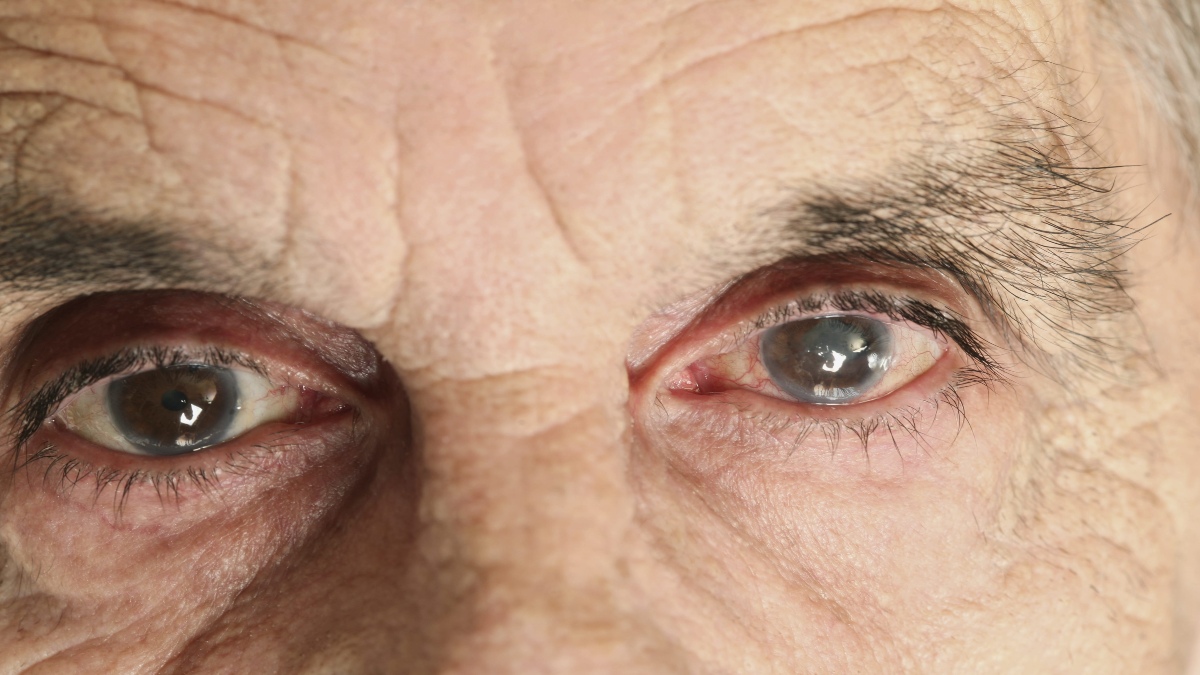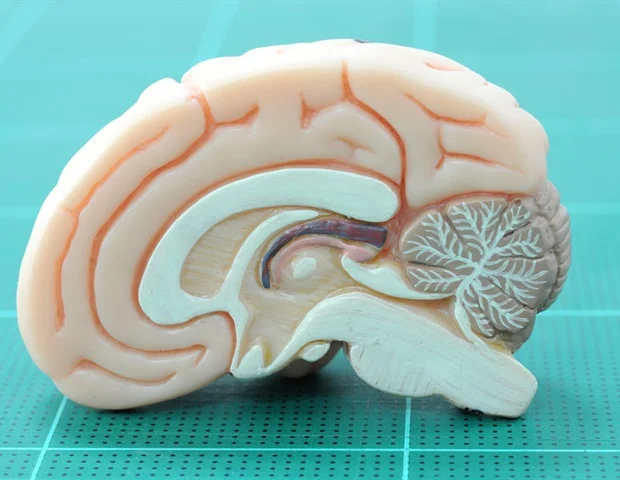As we celebrate the World Glaucoma Week from 7-13 March this year, it’s a good time to schedule an appointment for a comprehensive dilated eye examination, if you haven’t undergone that even once. It is imperative that we make it a part of our annual to-do lists. Just like we get annual blood and other tests for certain disorders, just like we get our cars or air conditioners serviced every year, this needs to be reminded that an annual examination for intra-ocular pressure is just as necessary. The World Health Organization estimates that 4.5 million people worldwide are blind due to glaucoma. In India, glaucoma is the leading cause of irreversible blindness with at-least 12 million people affected and nearly 1.2 million people blind from the disease. What is more alarming is that more than 90 percent cases of glaucoma remain undiagnosed in the community. This is especially important as in its early stages, glaucoma typically has no symptoms. Late in the disease, once vision has been lost, it can’t be restored.
Being an asymptomatic disease, it leads to peripheral visual field loss first with well-maintained central vision. Hence it is also called a “silent thief” for vision loss. As much as 40% of vision may be lost before a person notices. However, without adequate treatment, glaucoma eventually affects central vision and progresses to complete blindness. Therefore, early detection by having a comprehensive dilated eye exam is the key to protecting vision. Those over 40 years of age, with a family history of glaucoma, high myopia (nearsightedness), those with history of steroid use, those with connective tissue disorders and those with thin central corneal thickness are especially at higher risk for development of glaucoma. These people at higher risk should undergo comprehensive dilated eye exam at least every one year. Glaucoma is a group of diseases that damages the optic nerve, the bundle of nerve cells that relays visual information from the eye to the brain. In the most common form of glaucoma, called primary open angle glaucoma, nerve damage results from increased pressure inside the eye.
Increased eye pressure occurs when the fluid that circulates in the eye drains too slowly, and causes consequent optic nerve damage. The other common form of glaucoma, called the angle-closure glaucoma, may require a laser iridotomy procedure to help lower your intraocular pressure. When optic nerve damage has occurred despite a normal IOP, this is called normal tension glaucoma. Secondary glaucoma refers to any case in which another disease causes or contributes to increased eye pressure, resulting in optic nerve damage and vision loss. However, if detected early, pressure often can be controlled through medication or surgery, and the progression of the disease can be halted. It is important to know that since the lost vision is irreplaceable, damage caused is irreversible, there is no gain in vision after therapy is instituted. However, the goal of the treatment is to prevent further loss.
If you have been diagnosed with glaucoma, there are certain dos and don’ts for you: 1. Remain in life long follow up with your glaucoma specialist. There may be times when your eye pressure shows fluctuations, requires change in treatment ort requires switch to some other medications. You may be unaware of the progression that might be happening silently. Don’t regard it unimportant. 2. Do not consume, use steroids. Avoid as far as possible. Do not instil any medications without asking your expert. 3. Take help from family, friends and your doctors. Ensure compliance to drops you are using. Ask somebody to help you with alarms, instillation at regular intervals if that helps. 4. Keep the self-confidence and morale high. Keep practicing meditation and breathing exercises. Take moral support from friends and family. There is nothing to lose if you maintain your pressures well. Stress itself is an important factor that can lead to high pressures in your eyes. To bring home the most important points, take care of your eyes, get yourselves checked annually especially if you are high risk or above 40 years of age and stay happy.
The writer is Assistant Professor at Dr Rajendra Prasad Centre for Ophthalmic Sciences, All India Institute of Medical Sciences.













